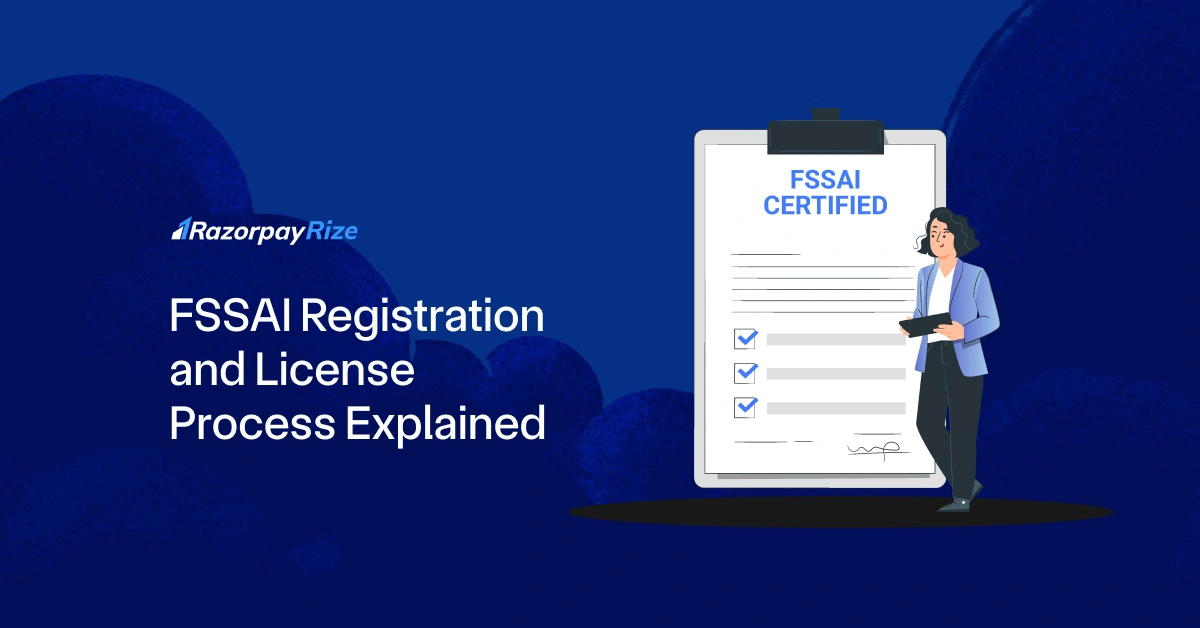The Women Entrepreneurship Platform (WEP) is a NITI Aayog initiative that seeks to bring together women from various parts of the country through a unified access portal to help them realize their entrepreneurial aspirations.
It is built on three foundation pillars: Iccha Shakti, Karma Shakti, and Gyaan Shakti.
Table of Contents
Iccha Shakti
Encourages aspiring entrepreneurs to kickstart their business ventures.
Gyaan Shakti
Offers knowledge and ecosystem support to women entrepreneurs, nurturing entrepreneurship.
Karma Shakti
Provides practical assistance to entrepreneurs in establishing and expanding their businesses.

It specifically provides access to programs for
- Incubation and acceleration
- Entrepreneurship skilling and mentorship
- Marketing assistance
- Funding and financial assistance
- Compliance and tax assistance
- Community and networking
Eligibility
Any woman entrepreneur with an established or new startup or just a business idea can benefit from this scheme.
Application procedure for Startups
- Visit https://wep.gov.in/.
- Click on the “Register” button on the homepage. Following this, a registration form will appear on the screen.
- Fill in all the details and click on the “Register” button at the bottom of the page.
- After completing registration, a page will appear asking for “Areas of Interest” and relevant fields.
- Fill in all the Personal Information, Business Information, and Educational information. Keep in mind that the fields might vary depending on the area of interest you are choosing.
- Successful submission of details leads you to become a member of the WEP and grants you access to several benefits.

Benefits of the WEP
WEP actively hosts a wide range of events as a platform, providing resources and promoting entrepreneurial communities.
- It provides monetary assistance, including seed capital, growth capital, line of credit( LOC), and non-credit support.
- Promotion of offline initiatives and outreach programs by partnering with other organizations.
- Incubation and acceleration support to startups founded or co-founded by women entrepreneurs registered with the program.
- Identification of skill gaps and providing online/offline training on these aspects.
- Marketing and networking support to early-stage or established entities
- Compliance services to registered users, which provides them with the essential tools to adhere to legal compliances, perform registrations, furnish accounts, make loan applications, provide license counseling, and so on.
- A like-minded community to understand the true spirit of entrepreneurship and the way forward.
To provide better support, WEP has tied up with some Fortune companies like CRISIL, Facebook, SIDBI, NASSCOM, DICE, FICCI, Mann Foundations, Shopclues, CII, and many others. The fortunes will play a key role in developing different skill sets important for a robust entrepreneurial ecosystem.
Frequently Asked Questions
Private Limited Company
(Pvt. Ltd.)
- Service-based businesses
- Businesses looking to issue shares
- Businesses seeking investment through equity-based funding
Limited Liability Partnership
(LLP)
- Professional services
- Firms seeking any capital contribution from Partners
- Firms sharing resources with limited liability
One Person Company
(OPC)
- Freelancers, Small-scale businesses
- Businesses looking for minimal compliance
- Businesses looking for single-ownership
Private Limited Company
(Pvt. Ltd.)
- Service-based businesses
- Businesses looking to issue shares
- Businesses seeking investment through equity-based funding
One Person Company
(OPC)
- Freelancers, Small-scale businesses
- Businesses looking for minimal compliance
- Businesses looking for single-ownership
Private Limited Company
(Pvt. Ltd.)
- Service-based businesses
- Businesses looking to issue shares
- Businesses seeking investment through equity-based funding
Limited Liability Partnership
(LLP)
- Professional services
- Firms seeking any capital contribution from Partners
- Firms sharing resources with limited liability
Frequently Asked Questions
What are the objectives of the Women Entrepreneurship Platform?
The primary objectives of the Women Entrepreneurship Platform include empowering women entrepreneurs, facilitating networking and collaboration, providing access to resources and support, and promoting innovation and sustainability in women-led businesses.
Is there any cost associated with joining the WEP?
No, there is typically no cost associated with joining the WEP. It is a free initiative aimed at supporting and promoting women entrepreneurship in India.
Are there any sector limits on the WEP?
No, the WEP is open to women entrepreneurs from all industries and sectors, including technology, manufacturing, agriculture, healthcare, retail, and services.





















